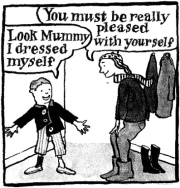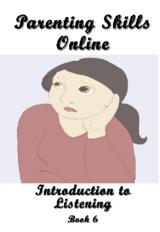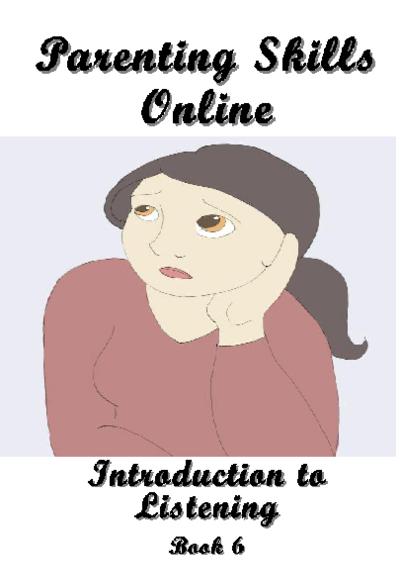 FAQ
FAQ
How valuable is this information?
As parents we are the primary source of a child’s conscious and unconscious learnings and it is this fact which makes it all the more important in how we interact with our children during these formative years.
Why should I invest in this course?
- What price would you put on having fun with your kids, being less stressed and having better quality time with the entire family?
- What price would you put on having a more loving, intelligent relationship with your children?
- What price would you put on ending temper tantrums, family feuds and cheeky back-chat?
- What price would you put on getting kids to listen to you without you having to resort to constant repeating and eventual yelling?
- What price would you put on producing self-empowered children who are open, honest and express themselves congruently?
- How much money have you invested in training yourself to be a better parent?
So much money is spent on all sorts of things for our children from sports kits and activities and music lessons to the very latest electronic games, etc. We tend to spend a lot of money on them in the material sense, but how much do you spend on their psychological well-being?
Being a good parent is the most important job we will ever have to do. It’s a huge responsibility and we only get one shot at producing happy, self-sufficient adults.
Not only is this course unique, no one but you needs to know you’re doing it and you can work through the course in the comfort of your home.
Furthermore, Parenting Skills Online is closely linked with various children’s charities and you have the choice to donate part of the fee to one of our charity partners. In additional, we provide full support during and after you undertake the course.
Is this course aimed at making me a perfect parent?
When they say you are the best mum or dad in the world, you just might be after you take this course!
Which ages of children does the course focus on?
Realistically, however, the principles contained in the course can be applied to everyone, young and old! Listening skills (beginning in Book 5, ‘Being a Helper’, can be learned and used with anyone; your child, best friend, mother, grandfather or partner.
All of the e-books give examples of how to apply the skills to youngsters of all ages and this is why, as you learn the material, you will adapt the techniques to your growing children.
Will I see results if just one parent goes through the material?
What tends to happen is when one parent changes the way they deal with various issues and uses his or her new skills, the other parent can see improvement, and they tend to copy the techniques. Also as the other parent sees the results, they may be more inclined to participate on the course too.
Obviously, if both parents do the course together, they will be working from the same page on the various training issues. This offers the child a level of consistency and congruency, which prevents playing one parent against the other; they learn to appreciate that both parents say what they mean and mean what they say!
Why download this material and review it in privacy?
Also, a lot of parents don’t like asking for help and in some cases, don’t like admitting they need help. Some parents may just be a little bit curious to see if there’s anything that might assist in a particular situation with their child. Then there are parents who simply cannot leave the home for one of many reasons to attend a course. In each of these cases, Parenting Skills Online is the perfect answer to learning a few tips and techniques without having to tell or ask anyone. And, if you still have a query after doing the course, Supernanny will attempt to steer you in the right direction.
We do emphasise that practising the exercises, ‘Building Bridges’, included in each e-book, will make a big difference and speed up the learning process, particularly if you have a friend or partner with whom to practise.
Should I not just know how to be a parent?
We all want the very best for our children and while you may well be doing a pretty good job, it’s like everything else, you can always learn a few additional skills, which can make a huge difference to both you and your child. This course provides you with the tips and techniques to enhance your skills and to apply the information in real life situations, and all without moving outside the door!
Do I have to take the course all at once?
How soon can I start the program?
I am a single parent, is this course useful to me and my ex-partner?
Couples who are no longer together, may well wish to continue being good parents and to remain involved in their children’s developing lives. Remaining in contact with an ex-partner can be difficult without having a sound basis in good co-parenting skills, and developing a new way to communicate without further hurt and denial of love to the children involved.
Going through divorce can be a crisis and a major loss for the adults and children involved. Upon separating, each parent has a dual task; to make the adjustment to being a single person as well as to being a single parent. At the same time, they are not exactly single parents if they intend to work out a co-parenting arrangement to remain passionately involved in their children’s lives.
People who separate but continue to work cooperatively as parents have a very positive effect on their children’s development and adjustment to living in two separate households. This course, if shared between all the parties involved, will offer some great practical support in challenging times.


